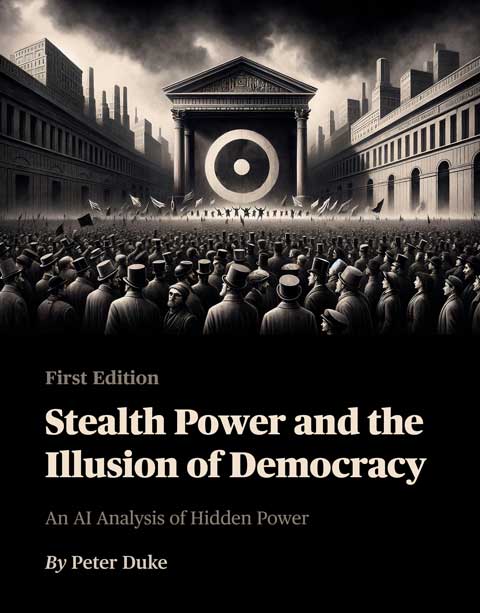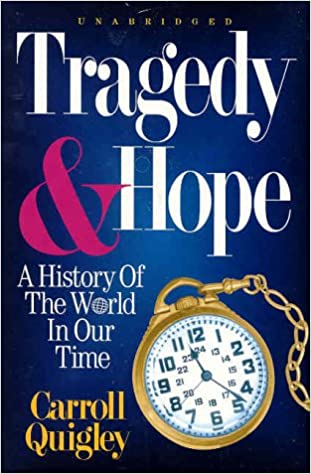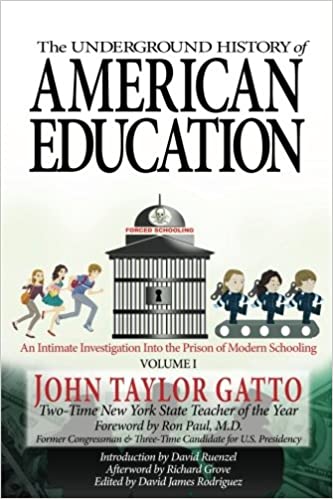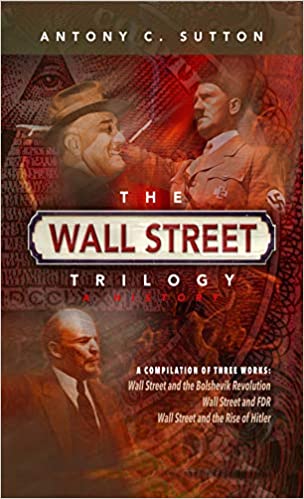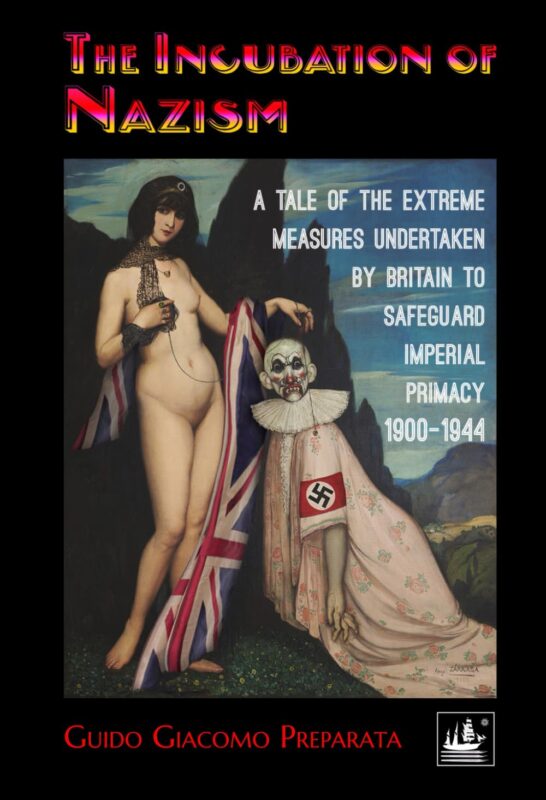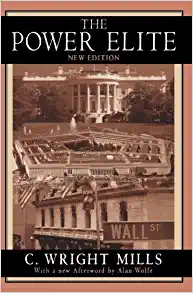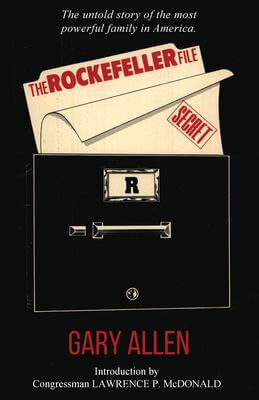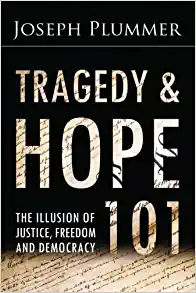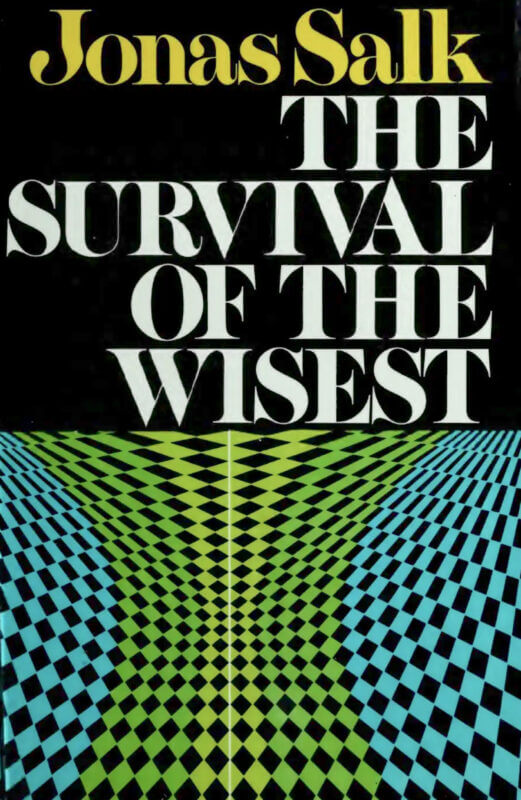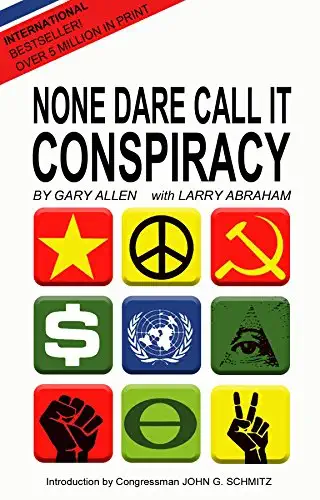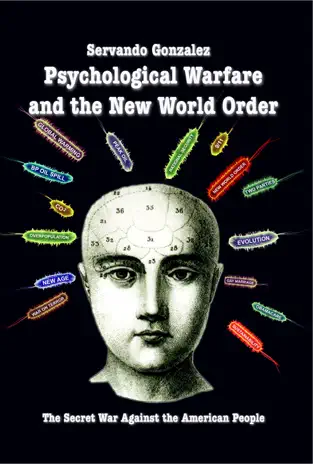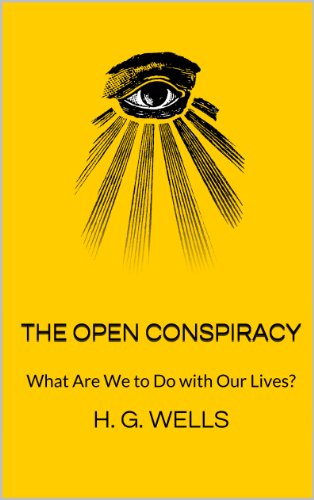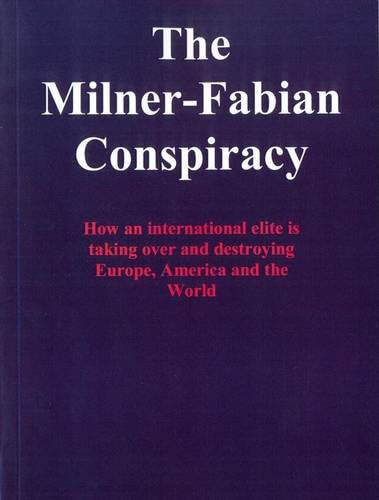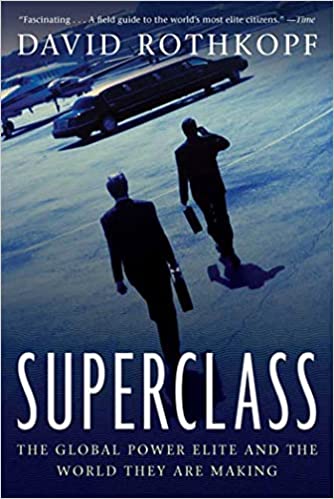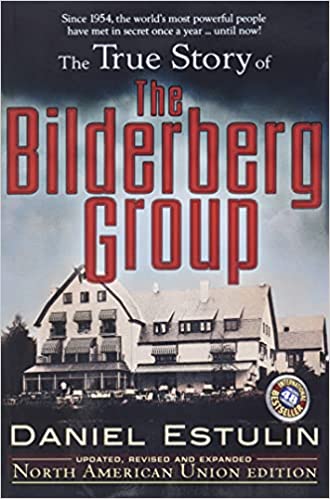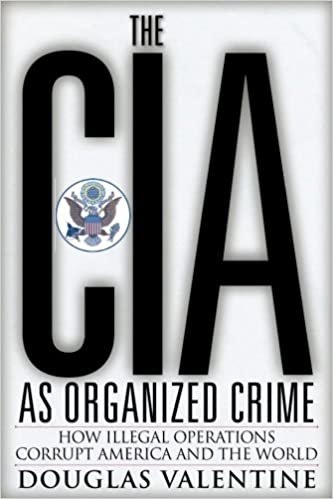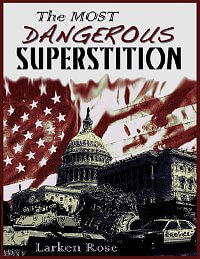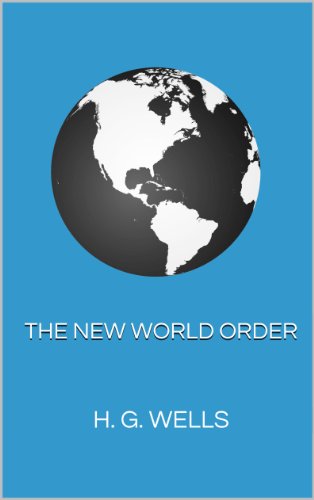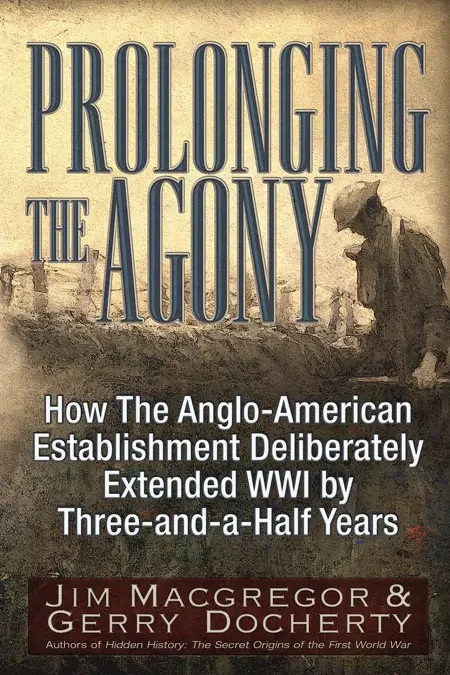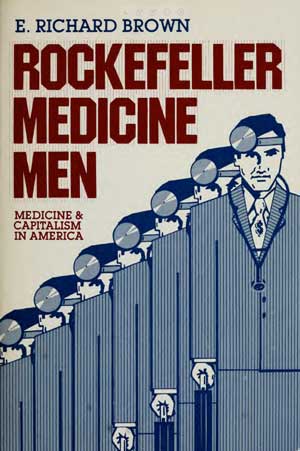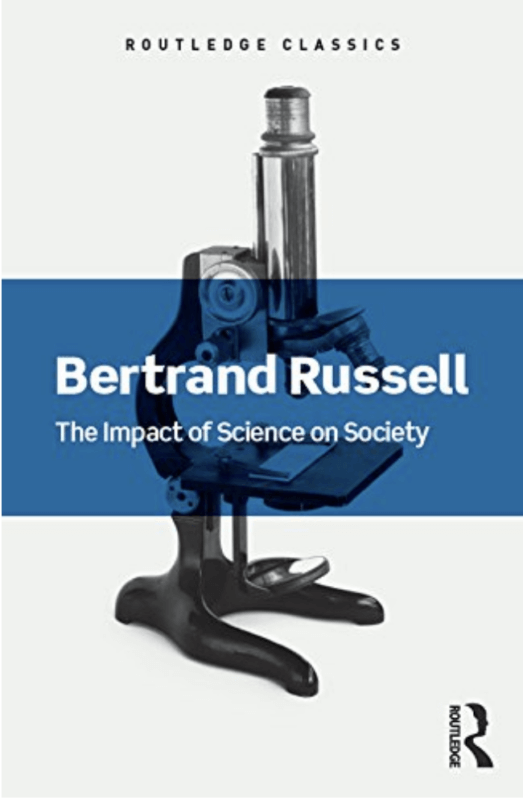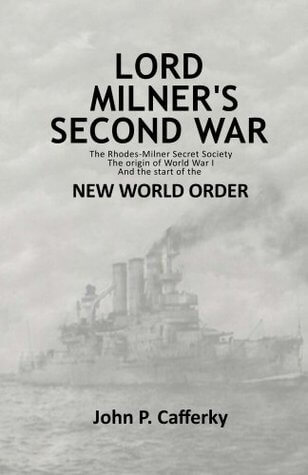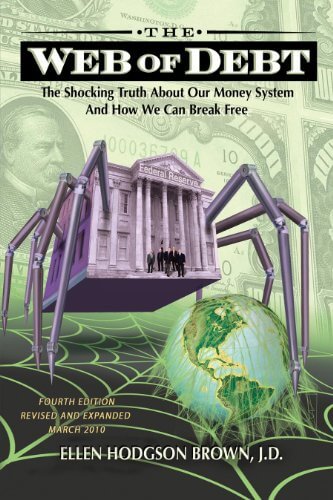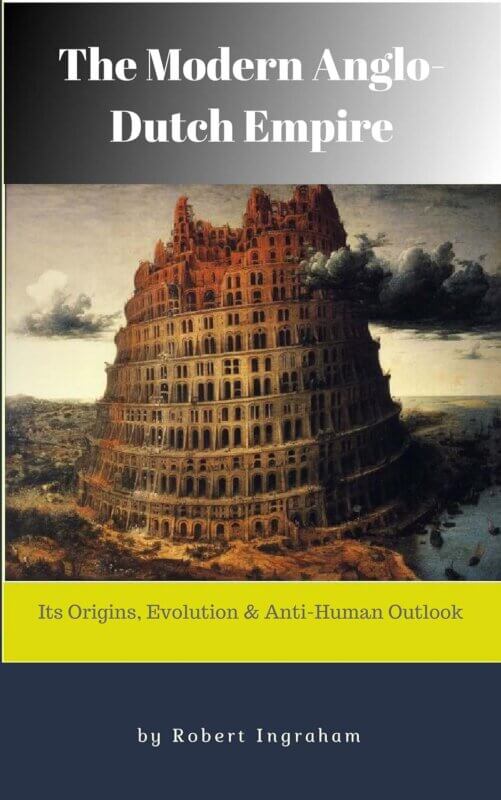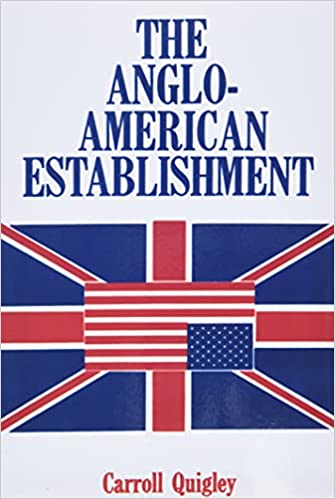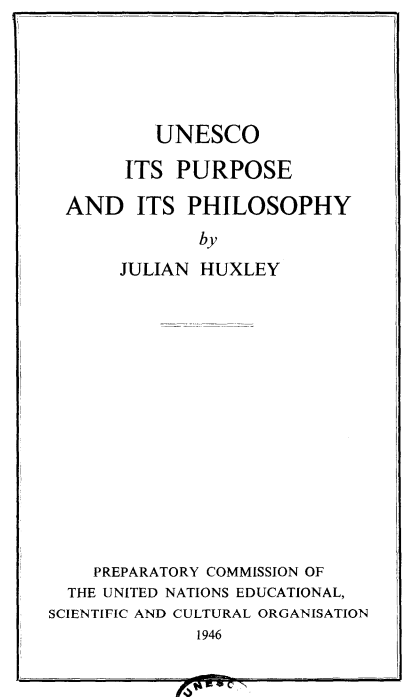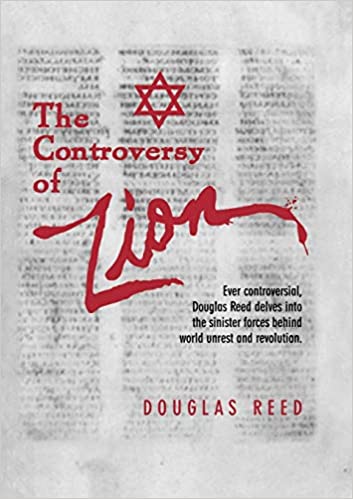
Commencing in 1951, Douglas Reed spent more than three years - much of this time separated from his wife and young family working in the New York Central Library, or tapping away at his typewriter in spartan lodgings in New York or Montreal. With workmanlike zeal, the book was rewritten, all 300,000 words of it, and the Epilogue only added in 1956.
The story of the book itself - the unusual circumstances in which it was written, and how the manuscript, after having remained hidden for more than 20 years, came to light and was at last made available for publication - is part of the history of our century, throwing some light on a struggle of which the multitudes know nothing: that conducted relentlessly and unceasingly on the battleground of the human mind.
It needed some unusual source of spiritual power and motivation to bring to completion so big a book involving so much laborious research and cross-checking, a book, moreover, which seemed to have little or no chance of being published in the author’s lifetime.
Although there is correspondence to show that the title was briefly discussed with one publisher, the manuscript was never submitted but remained for 22 years stowed away in three zippered files on top of a wardrobe in Reed’s home in Durban, South Africa.
Relaxed and at peace with himself in the knowledge that he had carried his great enterprise as far as was possible in the circumstances of the times, Douglas Reed patiently accepted his forced retirement as journalist and writer, put behind him all that belonged to the past and adjusted himself cheerfully to a different mode of existence, in which most of his new-found friends and acquaintances, charmed by his lively mind and rich sense of humour, remained for years wholly unaware that this was indeed the Douglas Reed of literary fame.
Of this he was sure, whether or not it would happen in his lifetime, there would come a time when circumstances would permit, and the means be found, to communicate to the world his message of history rewritten, and the central message of Christianity restated.
For the rest, The Controversy of Zion can be left to speak for itself; indeed, it is a work of revisionist history and religious exposition the central message of which is revealed in almost every page, understanding and compassionate of people but severely critical of the inordinate and dangerous ambitions of their leaders.
In the final chapter, under the heading the Climacteric, Douglas Reed remarks that if he could have planned it all when he began writing his book in 1949, he could not have chosen a better moment than the last months of 1956 to review the long history of Talmudic Zionism and re-examine it against the background of what was still happening on the stage of world politics.
For 1956 was the year of another American presidential election in which, once again, the Zionists demonstrated their decisive power to influence Western politics; it was the year in which the nations of the West stood by as helpless spectators as Soviet forces were used to crush a spontaneous revolt and re-install a Jewish-Communist regime in Hungary; and it was the year in which Britain and France, under Zionist pressure, were drawn into the disastrous fiasco of an attempt to capture the Suez Canal, an adventure from which, once again, Israel alone gained any advantage.
Everything that has happened since Reed wrote those last sentences in 1956 has continued to endorse the correctness of his interpretation of more than 2000 years of troubled history.
The Middle East has remained an area of intense political activity and of the maximum falsification of news and suppression of genuine debate, and it was only the few with some knowledge of the role of Talmudic Zionism and Communism who could have had any chance of solving the problem of successive events of major importance, like the so-called Six Day War in 1967 and the massive Israeli invasion of Lebanon in 1982.
Those who have read The Controversy of Zion will not be surprised to learn that there were clear signs of collusion between the Soviet Union and Israel in precipitating the Israeli attack on Egypt, for it was only because Colonel Nasser had been warned by the Kremlin bosses that Israel was about to attack Egypt’s ally Syria that he moved nearly all his armed forces to his country’s northern border, where they fell an easy prey to Israel’s vastly superior army.
It seemed as if nothing had changed when in 1982 Israel launched a massive and most ruthless attack on Southern Lebanon, ostensibly for the purpose of rooting out the Palestine Liberation Organisation, but actually in furtherance of an expansionist policy about which Jewish leaders have always been remarkably frank.
By this time, however, the pro-Zionist mythology generated by Western politicians and media in which Israel was always represented as a tiny and virtuous nation in constant need of help and protection, was obviously beginning to lose much of its plausibility, so that few were surprised when the British Institute of Strategic Studies announced that Israel could now be regarded as fourth in the world as a military power, after the USA, the Soviet Union and the People’s Republic of China - well ahead of nations like Britain and France.
More deeply significant was the reaction of the Jewish people, both in Israel and abroad, to an apparent triumph of Zionist arms in Lebanon. While Western politicians and media remained timorously restrained in their comment, even after news of the massacre of an estimated 1500 men, women and children in two Beirut refugee camps, 350,000 of the residents of Tel Aviv staged a public demonstration against their government and there were reports in the Jewish press that controversy over the Lebanese war had rocked the Israel army and affected all ranks.
Of this, too, Douglas Reed seems to have had some presentiment, for among the last words in his book are these: “I believe the Jews of the world are equally beginning to see the error of revolutionary Zionism, the twin of the other destructive movement, and, as this century ends, will at last decide to seek involvement in common mankind.”


